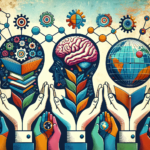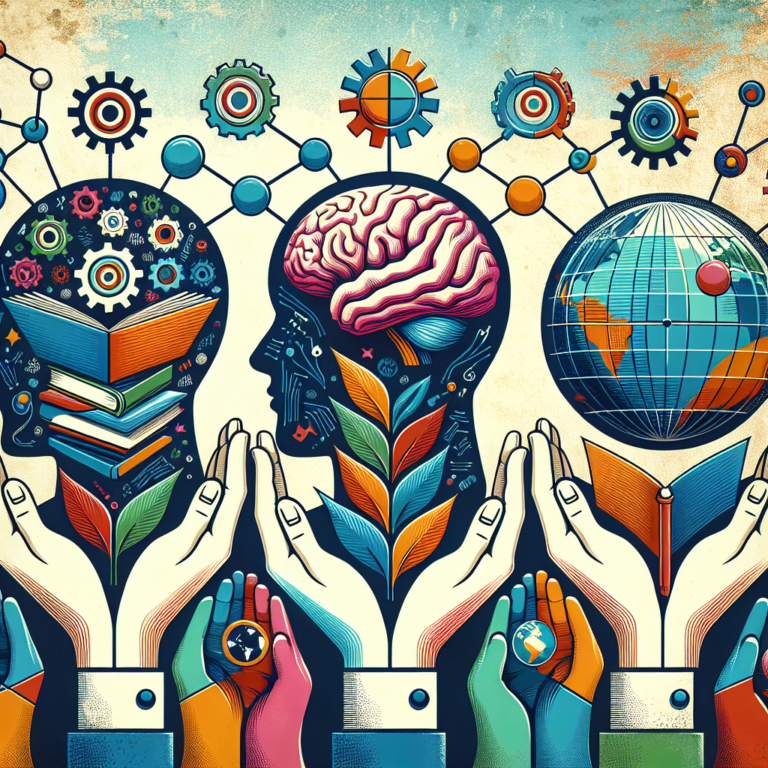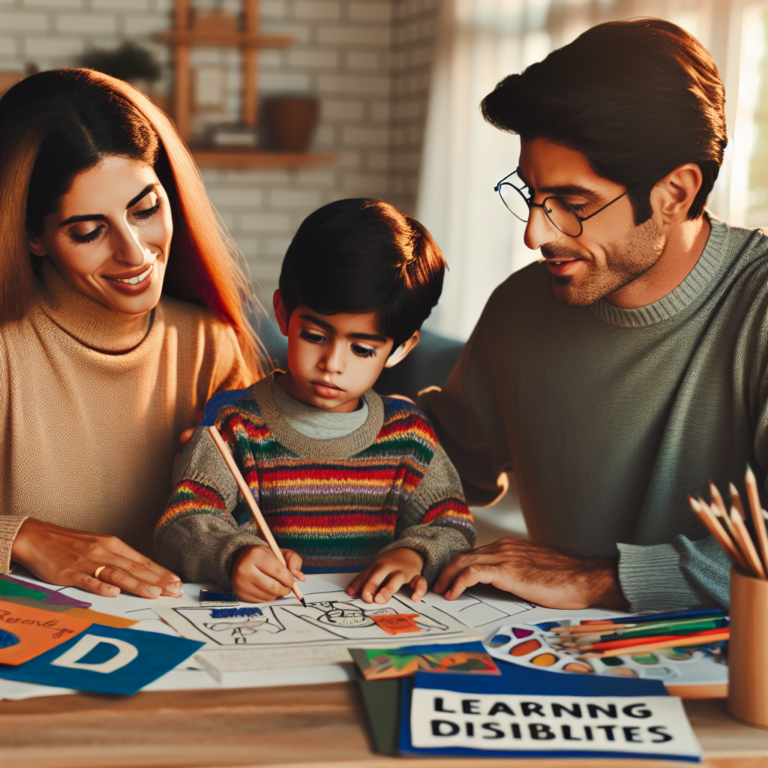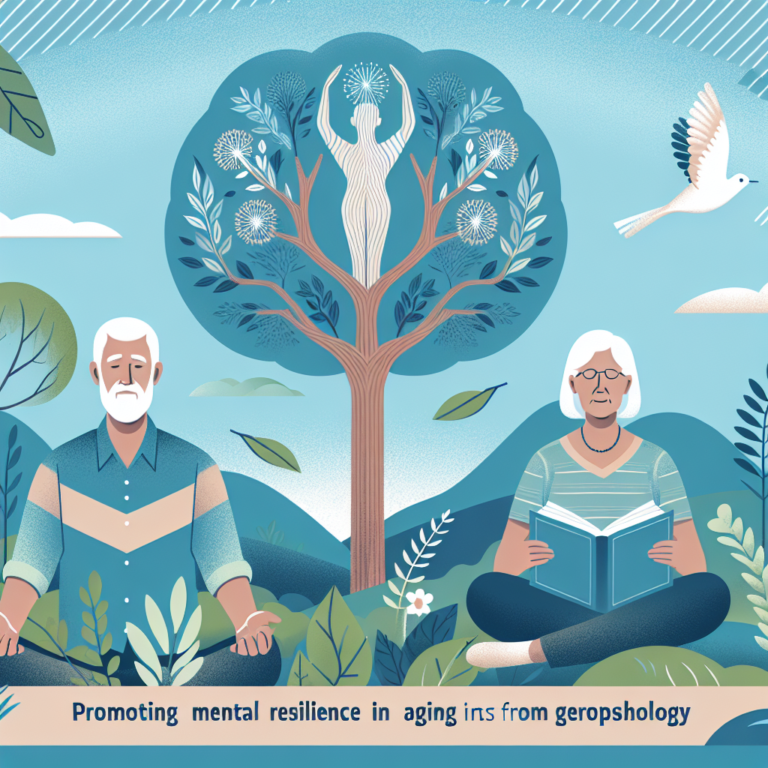
Introduction
As individuals age, the complexities of the human mind evolve alongside physical changes, making adequate psychological care more than a luxury—it’s a necessity. Navigating the Mind: The Essential Role of Geropsychology in Aging Care explores how geropsychology, a specialized branch of psychology, plays a pivotal role in supporting the mental health of older adults. This field addresses the unique psychological challenges faced by seniors, aiming to enhance their quality of life and promote holistic well-being.
The significance of geropsychology can’t be overstated. As the global population ages, more individuals are confronted with mental health issues like depression, anxiety, and cognitive decline. By blending psychological principles with an understanding of geriatric health, geropsychologists provide essential support that empowers older adults to navigate their emotional landscapes effectively.
The Impact of Aging on Mental Health
Understanding the relationship between aging and mental health requires an exploration of how psychological aspects change over time. Aging brings about not just physical transitions but also emotional and cognitive alterations. Here are some critical factors to consider:
- Loss and Grief: As people age, they often experience the loss of loved ones, which can lead to depression or anxiety.
- Isolation: Many seniors face social isolation due to mobility issues or the death of friends, which can exacerbate mental health conditions.
- Cognitive Decline: The flexibility of the brain diminishes, impacting memory and decision-making capabilities, leading to stress or low self-esteem.
- Chronic Illness: The prevalence of chronic diseases in older adults can contribute to mental health deterioration.
By addressing these factors, geropsychology provides a framework for supporting seniors in coping with the mental burdens of aging.
The Role of Geropsychologists in Aging Care
Tailored Psychotherapy
One of the most impactful contributions of geropsychologists is their ability to provide tailored psychotherapy designed for older individuals. Therapy methods such as cognitive-behavioral therapy (CBT) and reminiscence therapy have shown promise in treating age-related emotional distress.
Case Study: The Use of CBT with Elderly Patients
A study involving seniors diagnosed with depression revealed that cognitive-behavioral therapy led to a significant decrease in depressive symptoms. Participants reported feeling more empowered to manage their emotional well-being, which exemplifies the effectiveness of geropsychological interventions in real-world settings.
Collaboration with Healthcare Teams
Integrating mental health care with other areas of healthcare is crucial. Geropsychologists often work alongside doctors, social workers, and nurses to ensure a comprehensive approach to an individual’s health. This collaborative environment allows for shared observations and strategies that make a remarkable difference in patient care.
Table 1: Geropsychologist Collaboration in Aging Care
| Healthcare Professional | Role | Contribution to Aging Care |
|---|---|---|
| Geropsychologist | Mental Health | Therapy and assessments |
| Physician | Physical Health | Treatment of chronic conditions |
| Social Worker | Social Support | Community resources and counseling |
| Nurse | Daily Care | Monitoring and compassion |
Education and Advocacy
Educating families and caregivers about mental health challenges faced by the elderly is another fundamental aspect of geropsychology. By raising awareness and advocating for better mental health resources, geropsychologists empower families to create supportive environments that enrich the lives of older adults.
Case Study: Family Education Programs
In a community program aimed at families of seniors with dementia, geropsychologists provided educational workshops. Families learned about the signs of cognitive decline and how to offer emotional support, resulting in increased confidence among caregivers and reduced frustration levels.
The Science Behind Geropsychology
A deeper understanding of the scientific nuances behind geropsychology can amplify its effectiveness. The brain’s neuroplasticity and the aging process serve as the foundation for many therapeutic approaches.
Neuroplasticity and Aging
Neuroplasticity refers to the brain’s ability to reorganize itself by forming new neural connections throughout life. This concept is vital in geropsychology as it underpins therapeutic interventions. By engaging in active mental exercises, older adults can enhance cognitive function, reducing the progression of neurodegenerative conditions.
Cognitive Engagement Strategies
- Memory Training: Techniques to improve memory retention and recall.
- Problem Solving: Engaging in puzzles and games that foster critical thinking.
- Social Interaction: Encouraging participation in social groups to stimulate cognitive processes.
Table 2: Strategies for Cognitive Engagement
| Strategy | Description | Benefits |
|---|---|---|
| Memory Training | Exercises focused on enhancing memory skills | Improved recall abilities |
| Problem Solving | Engaging in puzzles and games | Increased cognitive flexibility |
| Social Interaction | Group activities fostering social bonds | Reduced feelings of isolation |
Challenges in Geropsychology
Despite its importance, geropsychology faces several challenges that must be addressed to enhance care quality.
Stigma Surrounding Mental Health
There remains a significant stigma attached to mental health issues, especially among older adults. This can obstruct individuals from seeking the help they need.
Case Study: Breaking the Stigma
In a project aimed at promoting mental health awareness among seniors, community events were organized to destigmatize therapy. Participants shared their experiences, which helped others to feel more comfortable seeking care.
Access to Resources
Limited access to geropsychological services can pose challenges. Rural areas may lack trained professionals, leading to a gap in care. Innovations such as telepsychology, where therapists consult with patients remotely, have emerged as a solution to bridge this gap.
Table 3: Resources Available Through Telepsychology
| Resource | Description | Accessibility |
|---|---|---|
| Virtual Therapy | Online sessions with licensed therapists | Increases reachability |
| Educational Resources | Online workshops and materials for caregivers | Widens support network |
| Support Groups | Virtual meetups for social interaction | Reduces feelings of isolation |
Moving Forward: The Future of Geropsychology
As the need for geropsychological services grows, so does the opportunity for innovation and improvement in the field. Here are key areas to address:
- Increased Training: Ensuring that more professionals are equipped with the skills necessary to work with older adults.
- Policy Advocacy: Supporting policies that fund mental health services specifically tailored to the aging population.
- Public Awareness Campaigns: Raising awareness to combat stigma and promote resources available for mental health in aging.
Conclusion
Navigating the Mind: The Essential Role of Geropsychology in Aging Care encapsulates a vital aspect of holistic healthcare. As we consider the aging population and the unique challenges they face, it’s evident that mental health care cannot be an afterthought. Geropsychologists not only provide interventions but also empower seniors to lead fulfilling lives.
The journey ahead requires commitment, education, and innovation, ensuring that mental health support evolves hand-in-hand with the aging demographic. As families, caregivers, and healthcare providers, let’s work together to create an environment where every older adult feels valued, understood, and supported in their mental health journey.
FAQs
1. What is geropsychology?
Geropsychology is a specialized field within psychology focused on the mental health and well-being of older adults.
2. Why is mental health important for seniors?
Mental health significantly impacts seniors’ overall quality of life, affecting their physical health, social interactions, and emotional well-being.
3. How can families support older adults’ mental health?
Families can support older adults by being informed, maintaining open communication, encouraging social interactions, and advocating for professional help when needed.
4. What common mental health issues affect older adults?
Common issues include depression, anxiety, dementia, and adjustment disorders due to life changes.
5. How can telepsychology benefit older adults?
Telepsychology provides increased accessibility to mental health services, allowing older adults to connect with professionals from the comfort of their homes, reducing barriers related to mobility or transportation.
Through informed engagement with geropsychology, we can significantly improve the lives of our aging population, transforming mental health care from an isolated field into a community-wide movement of support and understanding.















